
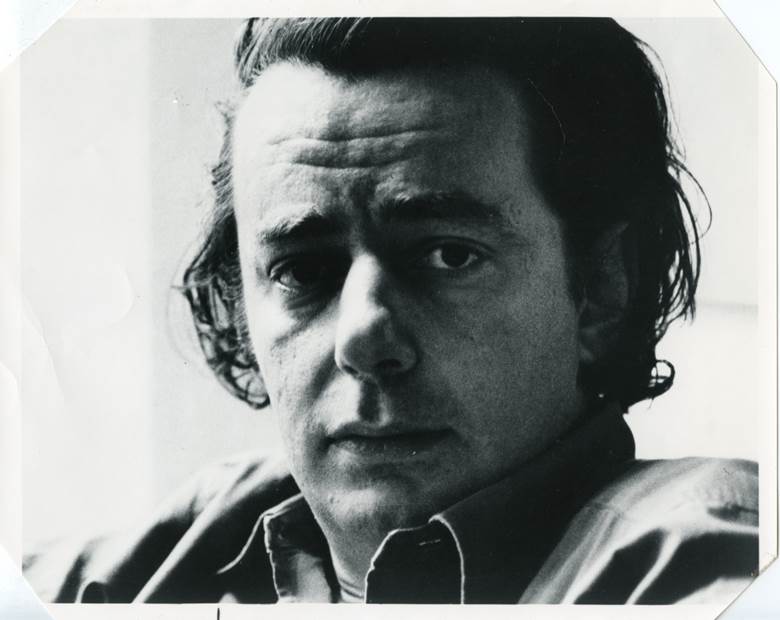
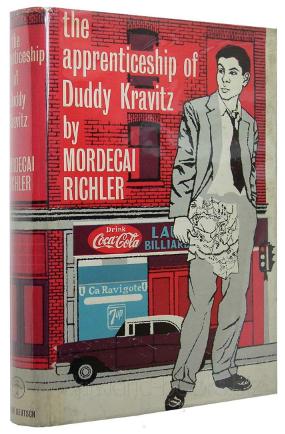
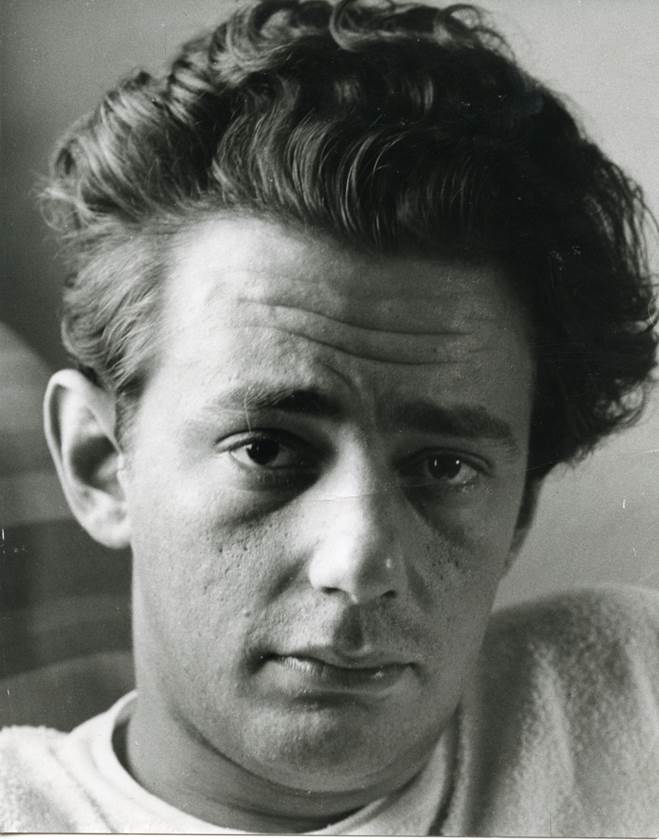
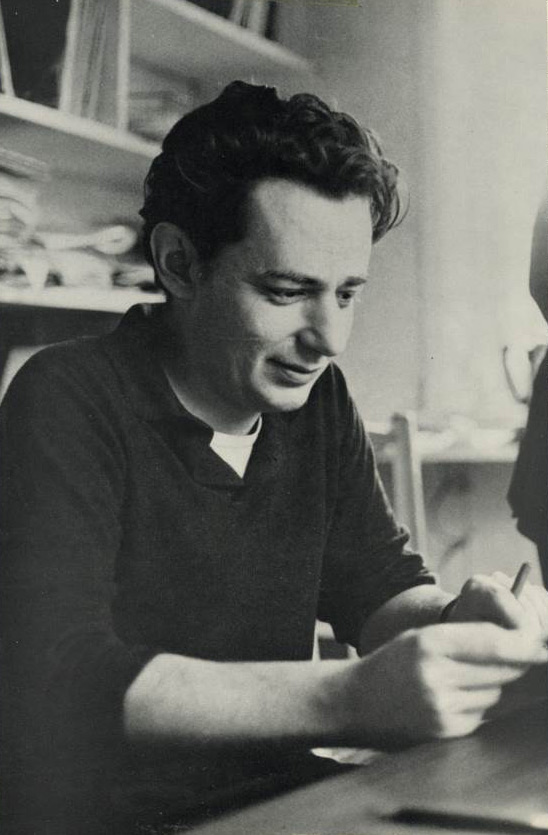
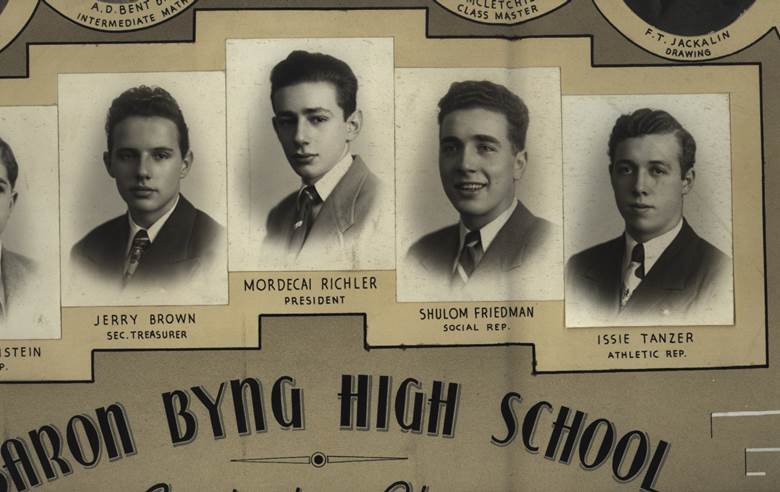
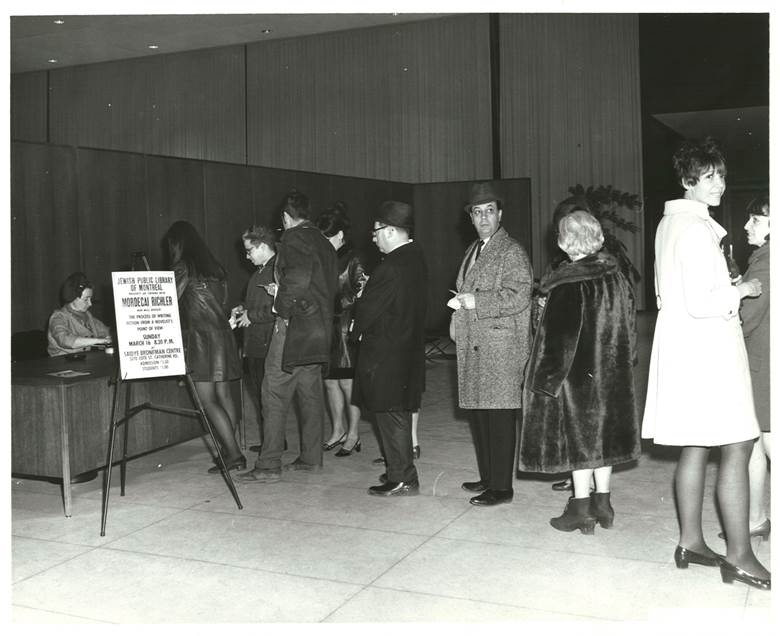
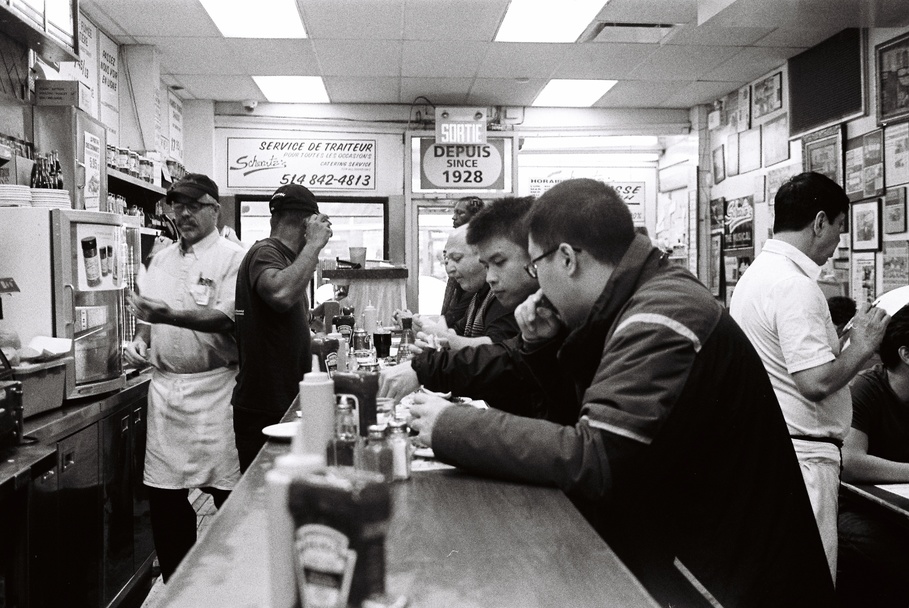
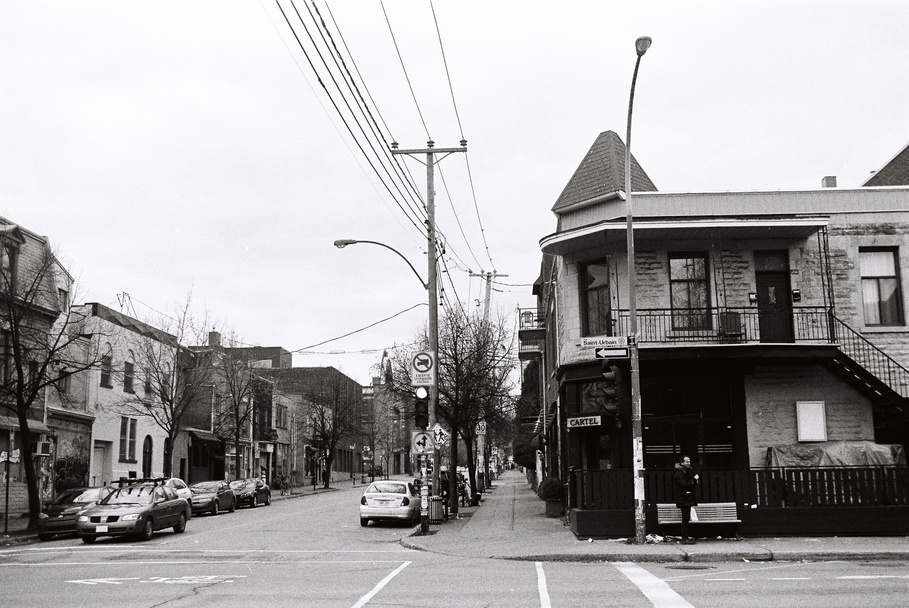
Mordecai Richler was an iconic Canadian author who famously, and controversially, explored Quebec separatism and the Montreal Jewish community in his work.
Born a “St. Urbain Street boy” to a poor family in the Montreal Jewish ghetto, Richler’s maternal grandfather was actually an influential religious leader and scholar named Rabbi Yudel Rosenberg, who was born in Poland but moved to Montreal in 1919. There, he became the Chief Rabbi of the United Hebrew Orthodox Congregations of Montreal and was known for translating the Zohar, a classic work of Jewish mysticism, from Aramaic into Hebrew.
Richler’s own status as Montreal’s most famous and celebrated Jewish author is ironic, given his fraught relationship with the community and his often biting portrayal of its idiosyncrasies. In dozens of novels, screenplays, and works of non-fiction, Richler explored what it meant to be a Jew growing up in the tight-knit, isolated, mostly poor, and largely immigrant world along St. Urbain and “the Main.” He also infamously tackled French-Canadian nationalism in books like, Oh Canada! Oh Quebec! Attracting both admiration and criticism, his writings provide an incomparable study of what life was like in his Montreal community, and are a portal through which one can view its unique and dynamic past.
Richler graduated from Baron Byng High School in 1948, where he was president of his class, before dropping out of Sir George Williams College (today’s Concordia University). He briefly lived in France and Spain in the early 1950s and then spent more than 15 years in London, England, before moving back to Montreal in 1972, because he worried “about being so long away from the roots of my discontent.” Richler remained in Montreal, writing and publishing on a variety of subjects, until his death from cancer in 2001.
Richler survives in his widely-read works of fiction, most notably The Apprenticeship of Duddy Kravitz (1959), St. Urbain’s Horseman (1971), Joshua Then and Now (1980), Solomon Gursky Was Here (1989) and Barney’s Version (1997), and in the legacy of the Montreal Jewish community, from which his life and work cannot be disconnected. Richler described and defined the community for Canada and for the world and, whether he liked it or not, the community defined him, too.
A special thanks to the Museum of Jewish Montreal.
Learn More:
http://www.imjm.ca/location/1126
http://www.theglobeandmail.com/news/national/mordecai-richler-gets-his-glory-montreal-renames-library-after-him/article23443003/
http://www.cbc.ca/news/canada/montreal/montreal-to-honour-mordecai-richler-1.1120737

